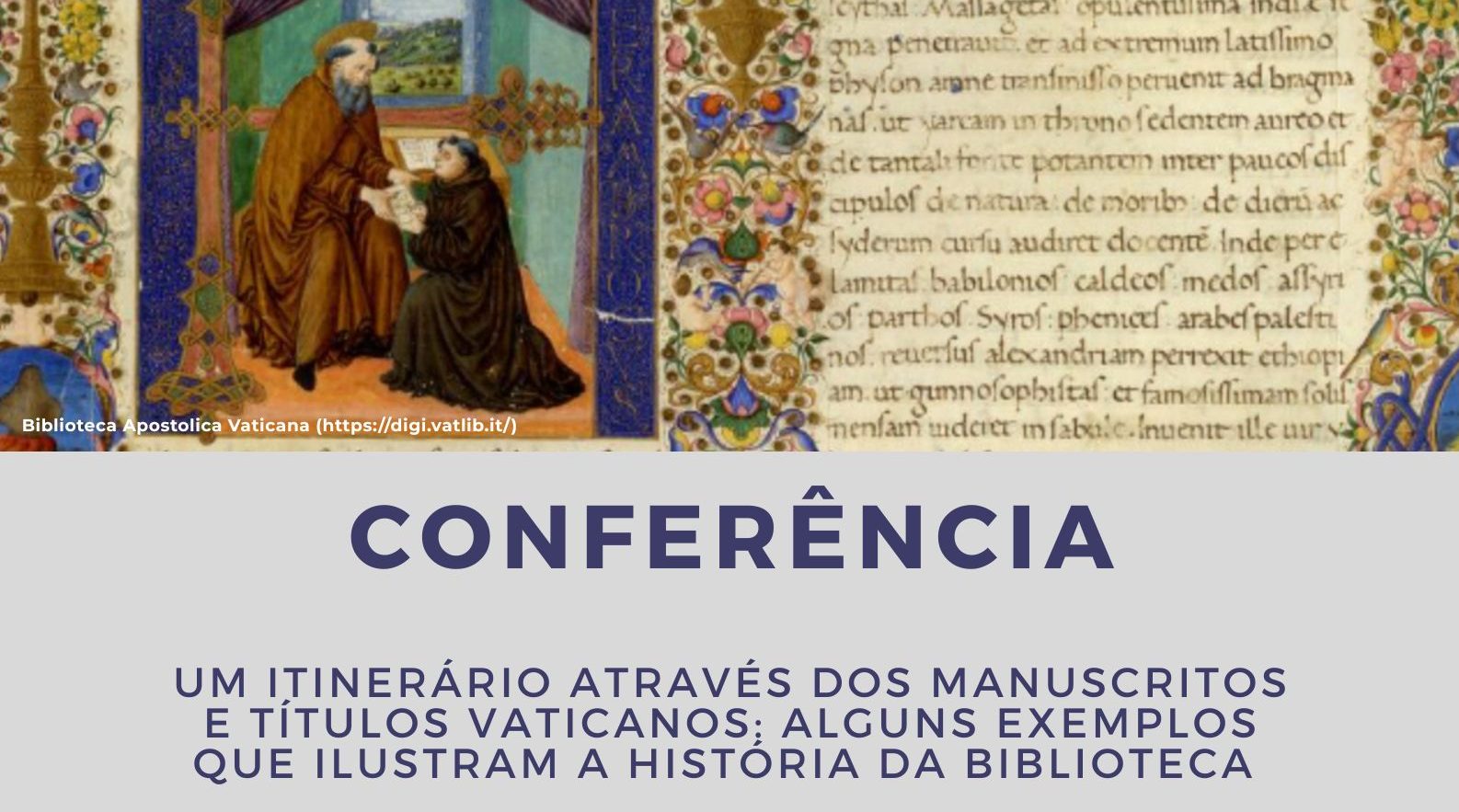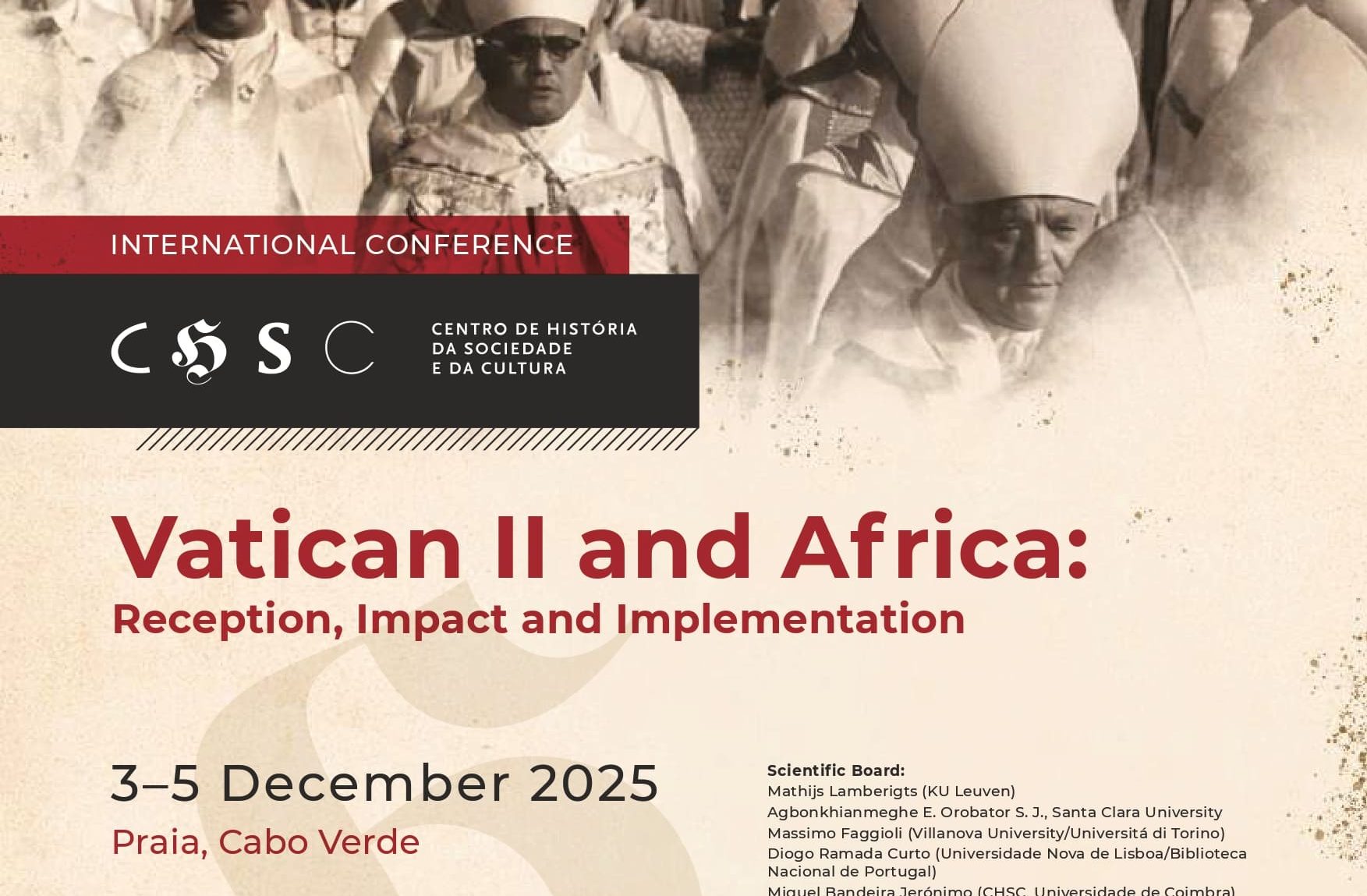CALENDAR


14 July 2025
Conference by Claudia Montuschi: Um itinerário através dos manuscritos e títulos vaticanos

10 September 2025
Call for papers: International Conference Vatican II and Africa: Reception, Impact and Implementation
